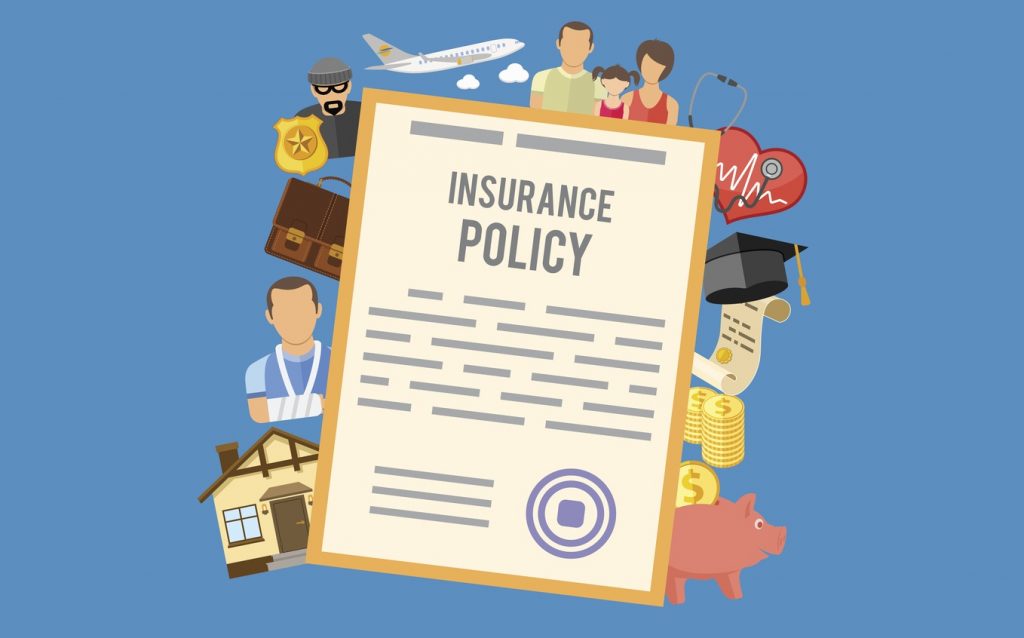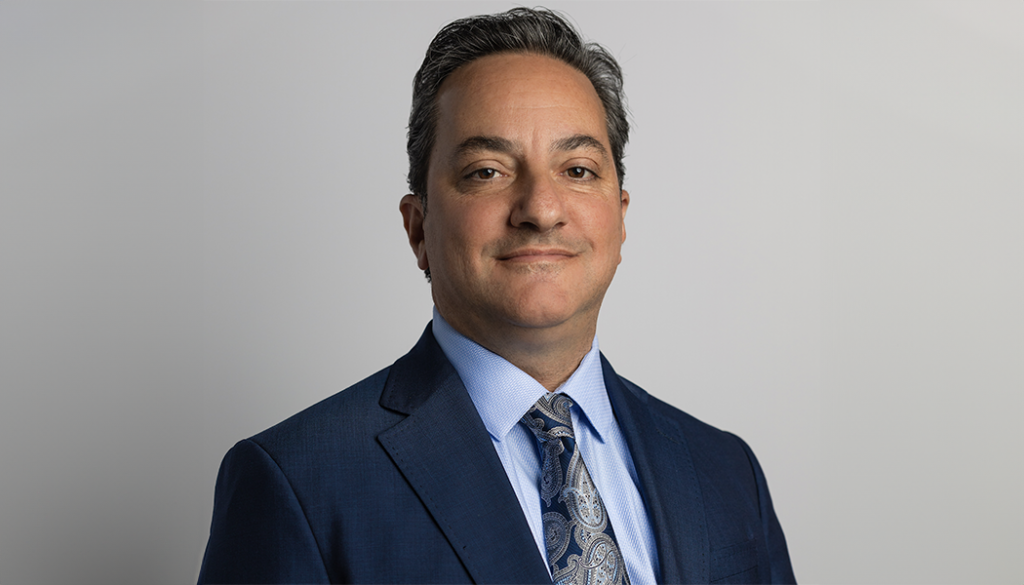Understand Your Rights. Solve Your Legal Problems


Attorney Michael Weinstein shares his insights on the intricate world of insurance coverage disputes. With over 15 years of experience advocating for homeowners and commercial property owners, Michael discusses the common pitfalls policyholders face when dealing with denied claims, the legal landscape in Georgia, and effective strategies for navigating the claims process. His passion for helping clients secure their rightful insurance proceeds underscores the critical role of legal representation in this often complex arena.

Michael Weinstein is an Atlanta attorney and a Partner with the law firm Weinstein & Black.
What led you to specialize in insurance coverage disputes, particularly for homeowners and commercial property claims?
I opened my own law firm in 2008, and my first client was a public adjusting firm. In addition to performing legal work for the company, I became a referral source for their clients who were facing legal issues with their claims. Once I started representing clients in this field, it just felt right. It's funny; when I was growing up as a kid in New York, my mother would always say I was going to be a lawyer. At the time, I did not know why, although I think maybe she just wanted to brag to her friends. But once I started doing this work, I realized I became a lawyer to help people get their own slice of justice. I was immediately drawn to the idea that I was representing the little guy against the bully, and, in the end, trying to achieve a right and fair result.
What are the most common reasons insurance companies deny property claims, and how can policyholders protect themselves?
To begin with, your insurance policy is simply a contract between you and the insurance company. The policy sets forth the claims for which an insurance company has an obligation to provide coverage and issue payment, and those claims for which they do not. Of course, as lawyers, we often work in the middle—what I call the gray area. But in my experience, if an insurance company believes it can argue that a cause of loss fits into an exclusion in the policy, there is a good chance the claim will be denied. In my opinion, policyholders can protect themselves by not only asking their insurance agent to explain the coverages and exclusions in the policy, but also inquiring about the possibility of including available endorsements, which will often add additional coverages.
How does Georgia’s legal landscape impact homeowners or businesses facing denied insurance claims compared to other states?
At the outset, Georgia is not a consumer-friendly state when it comes to denied insurance claims. Although Georgia does have an Unfair Claims Settlement Practices Act, it does not provide an option for consumers to sue for violations. Accordingly, the only path to recover extra-contractual damages is through Georgia's bad faith statute, which provides up to an additional 50% of the principal amount of damages, along with attorney's fees and costs. However, it is very difficult to bring a bad faith case to a jury, and as a result, I tell my clients not to rely upon the recovery of bad faith damages.
Can you share an example of a denied claim that you successfully fought on behalf of a homeowner or business?
We recently resolved a matter where our client's claim was denied because the insurance company accused the client of intentionally causing damage to his own home. By aggressively litigating the case, including taking more than ten depositions, we were able to uncover facts favorable to our side and ultimately forced the insurance company to pay the claim. Of course, it also helped that the client did not intentionally damage his home, and through aggressive litigation, we ultimately demonstrated to the insurance company that we were not going to back down until the claim was paid.
What are some red flags policyholders should watch for when dealing with insurance companies to avoid potential claim denials?
As with every other profession, my experience is that there are good insurance company adjusters and bad insurance company adjusters, and I believe a policyholder can make this determination fairly quickly. A good insurance company adjuster will be responsive and will actively seek to help you, while a bad insurance company adjuster will not timely respond to phone calls or emails, and you will get a general sense that they are not there to help you. If you get this feeling, a policyholder has the right to request a different adjuster to handle their claim, and my recommendation is to try to make this assessment early in the claims process.
How do you advise clients to handle the claims process from the beginning to minimize the risk of denial?
The main obligation that clients have is to cooperate with the adjustment process. If the insurance company requests to inspect the property, review financial records, or take an Examination Under Oath, the policyholder has a duty to cooperate. While many policyholders do not believe they should have these obligations, the law requires cooperation, and if you do not comply, it gives an insurance company an easy path to deny a claim. Additionally, clients should do whatever they can to make an adjuster's life easier. This can include obtaining reasonable quotes for repairs, providing photographs, and supplying any additional information requested.
What legal options do homeowners or commercial property owners have if their claim is unfairly denied, and what can they expect during the legal process?
If a claim is unfairly denied, a policyholder should contact an attorney for assistance. At our firm, we first attempt to get the denial reversed without having to file a lawsuit; however, litigation will most likely be necessary on a denied claim. If litigation becomes necessary, the client needs to understand that the process can take 12 to 24 months to conclude. While it is possible that a case can be resolved earlier through a settlement, if there is going to be a trial, a policyholder needs to plan for 12 to 24 months before reaching a resolution.
What changes or trends are you seeing in the insurance industry that might affect future property claim disputes in Georgia?
Over the last several years, I have seen insurance companies become not only more aggressive in denying claims but also in underpaying them. A familiar theme we see in the insurance industry is "delay, deny, defend." This means the insurance company will first delay the adjustment process, then deny the claim, and ultimately defend the claim. By engaging in this tactic, the insurance company can hold the money for a longer period, which, in turn, allows them to make money through accrued interest and/or investment.
Michael Weinstein Bio:
Michael Weinstein is an Atlanta attorney and a Partner with the law firm Weinstein & Black. Michael dedicates a large portion of his practice to insurance coverage work on behalf of policyholders, both residential and commercial. Having been involved in over 200 insurance coverage matters since 2008, Michael has a vast amount of experience fighting for policyholders and ensuring they receive the insurance proceeds to which they are entitled. In addition, Michael has recovered bad faith damages against insurance companies.
If you have any insurance coverage needs, please contact Michael at (404) 228-2629 or at mike@wblegal.net.





